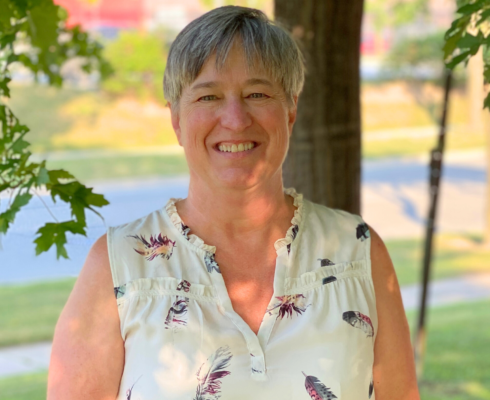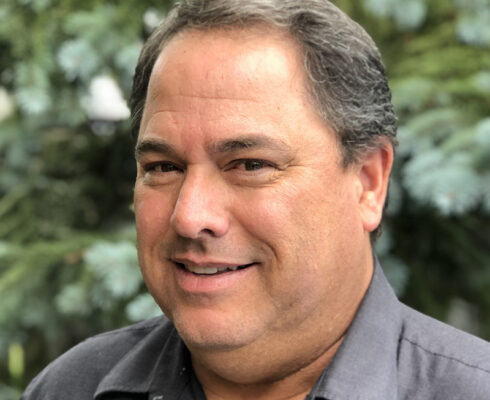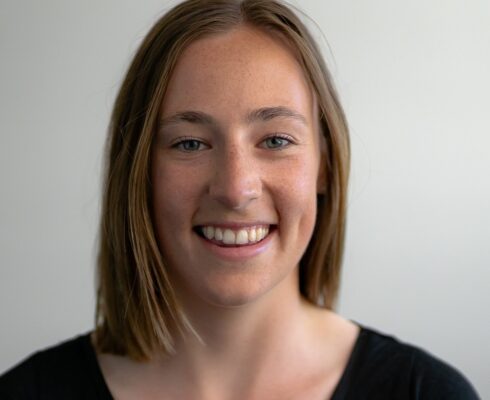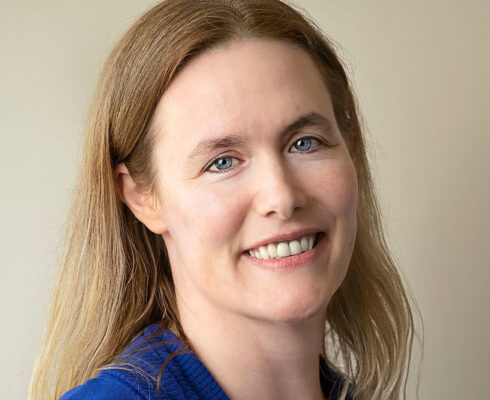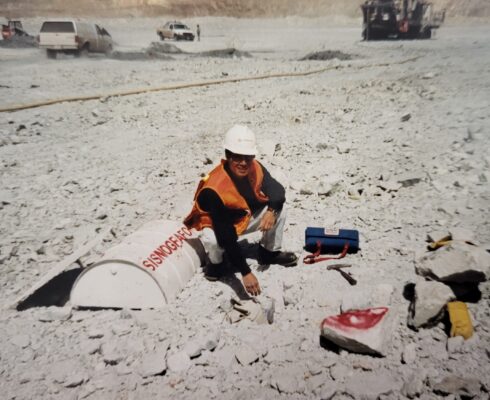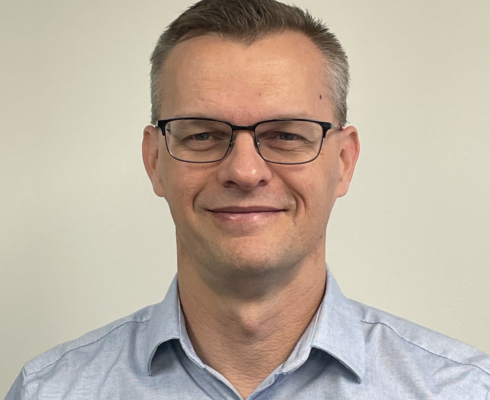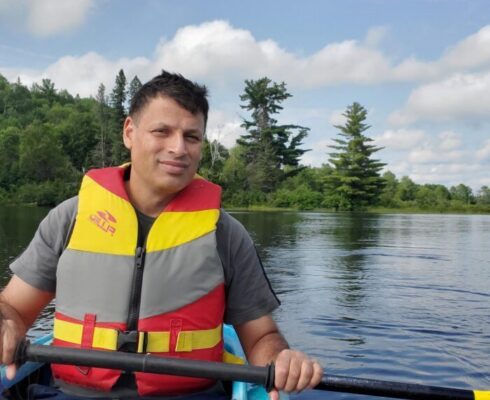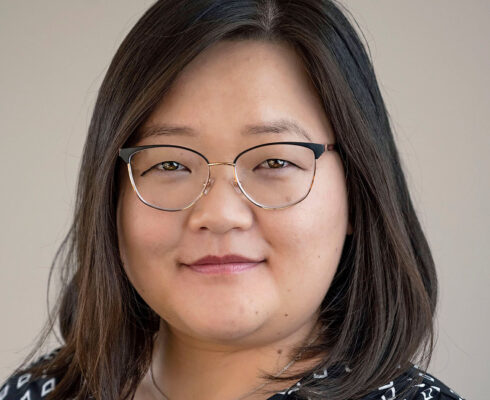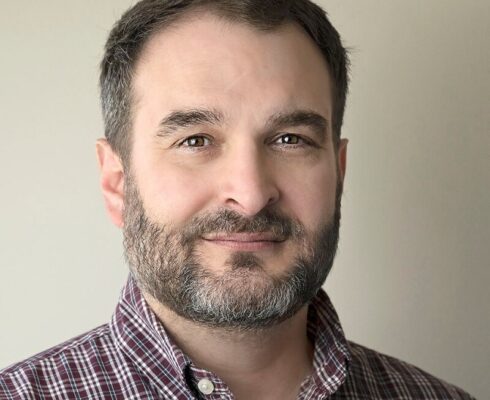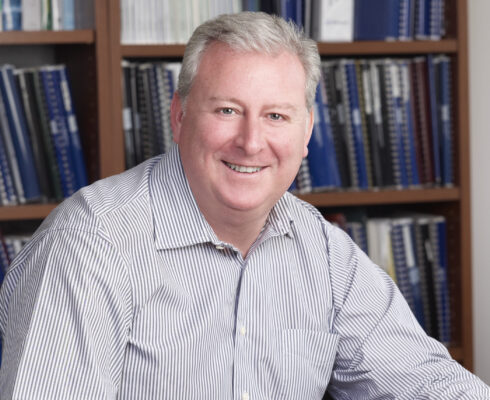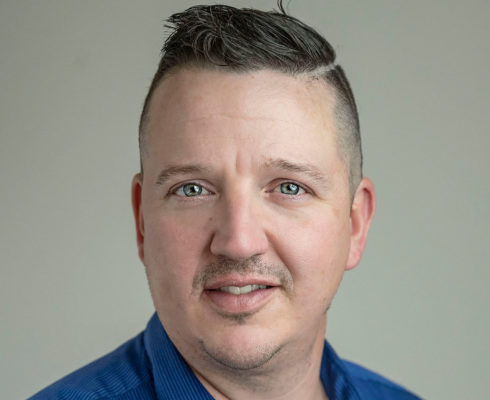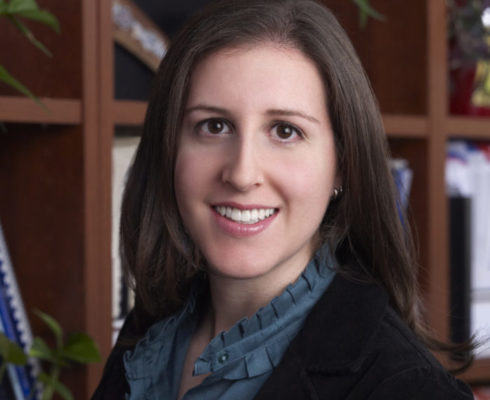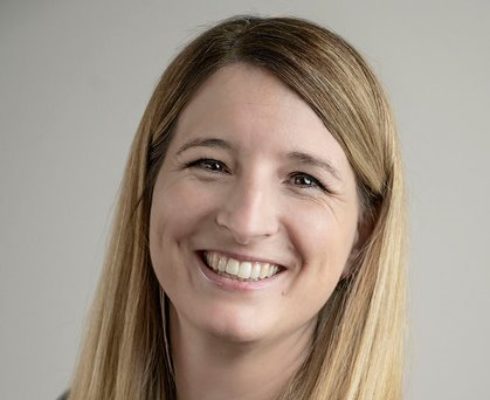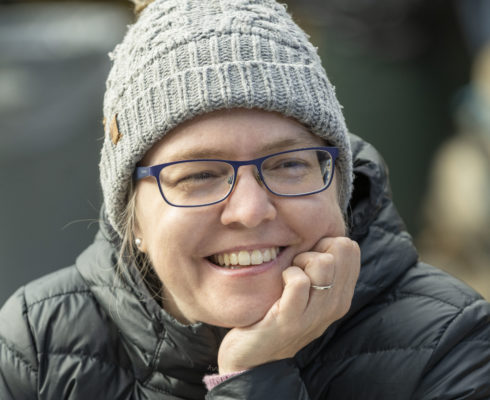At Ecometrix, our beliefs are founded on meaningful relationships.
Those relationships, both with our clients and among our employees, are based on honest, straightforward discussions that form an underpinning of trust and dependability.
Our beliefs enable us to understand and support our clients and to attract the kind of people who see the value in being part of our growing team. Our culture centers around performance, collaboration and contribution.
Performance
Everyone is encouraged to develop their skills, grow professionally and expand their responsibilities, so that they can perform at their highest personal level.
Collaboration
All of us is stronger than one of us, and collectively we draw on the mentorship and support of a community that is flexible and diverse.
Contribution
Helping our clients solve their problems requires a culture of trust, pride of workmanship and a passion for doing what matters most to protect the environment.


